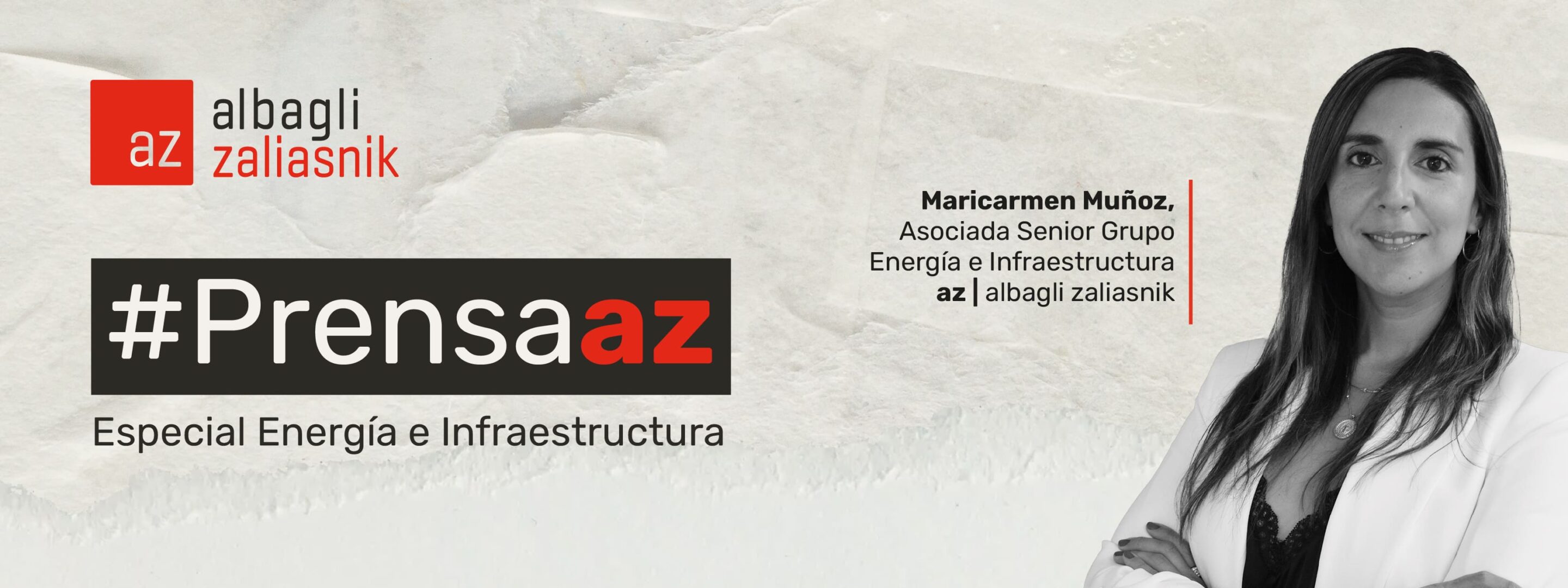We invite you to read the column written by our senior associate from the Criminal Law Group, Loreto Hoyos, about the implications of the new Anti-Terrorism Law.
The new Anti-Terrorism Law, which “defines terrorist conduct, sets penalties, and repeals Law No. 18.314,” marks an important step forward in favor of the country’s security, especially considering that according to the Global Terrorism Index 2024, Chile ranks among the 20 most affected countries, placing 17th.
Among its main changes is the elimination of the requirement for a structural or organizational element as the basis for the concept of terrorism, as well as the expansion of the scope of terrorist conduct.
In this regard, with respect to its implications for the Criminal Liability of Legal Entities Law (LRPPJ), Law No. 21,732 repeals the previous article 8 and replaces it with the new article 10, which establishes the responsibility of organizations that, by any means, directly or indirectly, provide or collect funds with the intention of using them in the commission of any of the crimes specified in the law.
Furthermore, although several crimes require proving a terrorist intent, the new law introduces alternative objective criteria, eliminating the need to prove a subjective intent to cause “justified fear” in the population.
Another key aspect of the reform is the criminalization of terrorist association, sanctioning mere membership in such organizations without the need for its members to have committed crimes.
In this regard, the law establishes a catalog of crimes that must be committed with a specific purpose or capability of the association to be considered terrorist crimes or terrorist association.
This classification seeks to objectify the elements that qualify behavior as terrorist, in line with the message of making it easier to prove by offering four elements that allow for such classification.
However, the newly published law provides a somewhat disorganized structure regarding the participation of those who, being part of a ‘terrorist association,’ commit crimes classified as ‘terrorist.’
This regulation does not provide an answer initially when it refers to the penalties for those participating in an association, but only later when describing punishable conduct that would constitute terrorist offenses.
On the other hand, the new law differentiates between leaders, founders, financiers, recruiters, and trainers, as well as other members of a terrorist association.
It also includes several modernizations from the perspective of criminal prosecution, such as new investigative techniques, including communication interception, undercover surveillance, and the use of advanced technology in investigations; the option for prosecutors to request the Supreme Court transfer a case to a court in Santiago in cases of high complexity, among other measures.
While this is an important step toward improving the country’s security, there are some key points that need to be considered.
It is crucial to establish specialized anti-terrorism units at both the Public Prosecutor’s Office and the Police Investigations Department. Otherwise, the implementation of new prosecution techniques and the effectiveness of investigations could be hindered over time.
Moreover, particular attention should be paid to Article 17 of the law, which allows the judge, upon request from the Public Prosecutor’s Office, to impose a travel ban on the defendant at any stage of the investigation or procedure, even before formal charges are made, for a maximum period of sixty days, provided that the other requirements for personal precautionary measures, as established in the Criminal Procedure Code, are met.
If the requirements for personal precautionary measures are met, which include having evidence to justify the existence of the crime, that the defendant is suspected of participation, and the necessity of caution, it is unclear why the Public Prosecutor’s Office would not proceed to formally charge the defendant. The standard for formalization would be more than satisfied if Article 17 is understood in this way. It is unclear why the prosecution would choose a less secure and only temporary approach when it could request precautionary measures under the terms established by the Criminal Procedure Code.
The only way to make sense of the aforementioned article would be to understand that this power should be allowed in urgent cases, justifiable in a hearing, that may even refer to just one of the conditions for precautionary measures, such as the need for caution (e.g., the risk of the defendant fleeing), even if the prosecution did not have sufficient evidence regarding the existence of the crime or the defendant’s participation.
Finally, since this law also has a significant impact on the Criminal Liability of Legal Entities Law, as its article 10 penalizes the organization that, by any means, directly or indirectly, provides or collects funds for use in the commission of any of the crimes specified in the law, it is key that companies and organizations review and update their Risk Matrices, taking into account the changes in criminal types and associated sanctions.
It is also important that, in this regard, they update their Crime Prevention Models and strengthen the Due Diligence process in transactions and commercial relationships, which includes clients, employees, suppliers, contractors, and service providers, among others.
Column written by:
Loreto Hoyos | Senior Associate | lhoyos@az.cl



